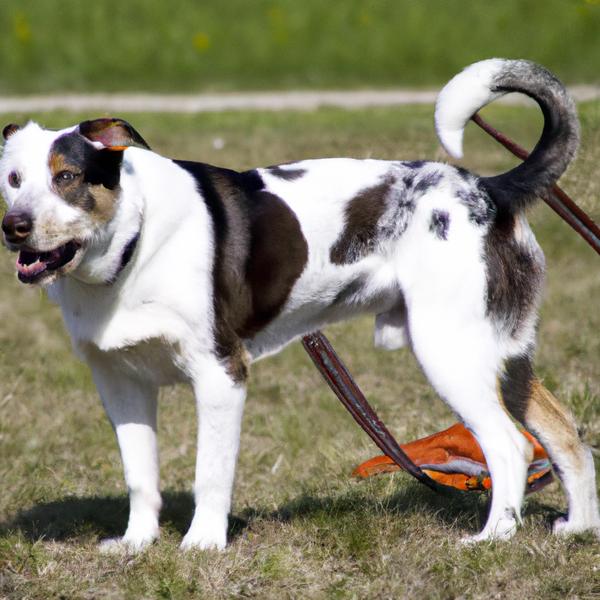Bull-Aussie vs. Doberghan: Breed Differences and Similarities
Hypoallergenic
Are Bull-Aussies or Doberghans hypoallergenic, or neither?
Unfortunately, neither Bull-Aussie nor Doberghan are hypoallergenic, which may not make them the best choice for dog lovers who suffer from pet allergies.
Temperament
What are the personalities of Bull-Aussie and Doberghan dogs?
Active
Loving
Protective
Courageous
Intelligent
Friendly
Affectionate
Social
Sweet
Aggressive
Good-natured
Aloof
Dignified
Independent
Clownish
Happy
Energetic
Alert
Intelligent
Obedient
Loyal
Fearless
Shedding Level
Do Bull-Aussies shed more than Doberghans, or which breed sheds more, Bull-Aussies or Doberghans?
Bull-Aussie or Doberghan dogs are not heavy shedders, but they will lose a significant amount of hair each year. To decrease the amount of shedding, you can regularly brush your Bull-Aussie or Doberghan. This will remove loose hair and keep their coat growing in the same direction.
Ancestry
What are the origins of Bull-Aussie and Doberghan breeds?
Australian Shepherd, English Bulldog
Doberman Pinscher, Afghan Hound
Date of Birth
When were Bull-Aussie and Doberghan breeds first developed?
Unknown
Eye Color Possibilites
What are the eye colors of Bull-Aussie and Doberghan dogs?
Blue
Brown
Brown
Nose Color Possibilites
What are the natural nose colors of Bull-Aussie and Doberghan?
Black
Black
Coat Color Possibilites
What are the natural colors of the coat for Bull-Aussie and Doberghan breeds?
Brindle
Black
White
Cream
Red
Blue
Silver
Fawn
Cream
Gray
Black
Coat Length
What is the typical coat length for Bull-Aussie and Doberghan breeds?
Bull-Aussies have coats that can be either short or medium in length.
Doberghans have medium-length coats.
Coat Density
What is the density of the coat of Bull-Aussie and Doberghan?
Coat Texture
What is the hair texture of Bull-Aussie and Doberghan?
Straight
Litter Size
What is the usual litter size for Bull-Aussie and Doberghan?
A Bull-Aussie can have a litter of 6-9 puppies on average. However, it's worth noting that the size of the litters can vary greatly. Factors that can influence litter size include the health of the mother, breeding history, and genetics.
A Doberghan can have a litter of 6-10 puppies on average. However, it's worth noting that the size of the litters can vary greatly. Factors that can influence litter size include the health of the mother, breeding history, and genetics.
Adaptability
Bull-Aussie and Doberghans are known for their adaptability and versatility. They are capable of adapting well to a wide range of lifestyle changes and living environments, making them great companions for families and individuals of all lifestyles.
Health Issues
Between Bull-Aussie and Doberghan, which breed is more prone to health problems?
The Bull-Aussie and Doberghan breeds are commonly healthy with low vet costs, regular check-ups may not be as necessary but it's important to keep an eye on their health and have them checked by a veterinarian when needed.
Major Concerns
What are the major health concerns for Bull-Aussie and Doberghan breeds?
Entropion
Deafness
Cherry Eye
Hip Dysplasia
Hypothyroidism
Dry Eye
Cardiomyopathy
Wobbler’s Syndrome
Minor Concerns
What minor health issues should be kept in mind when owning Bull-Aussie and Doberghan?
Cataracts
Retinal Dysplasia
Diabetes
Heart Murmur
Gastric Torsion
Osteosarcoma
Hip Dysplasia
vonWillebrand’s Disease
Occasional Tests
What occasional tests are recommended for Bull-Aussie and Doberghan breeds?
X-Rays
Eye Examination
Electrocardiogram
Complete Blood Count
Brain Auditory Evoked Response (BAER)
Thyroid Panel
Cardiac
Eye Tests
DNA Test
Hip
Social Needs
Bull-Aussie vs Doberghan social needs comparison
Bull-Aussie has above average social needs and thrives with interaction with humans and other dogs.
Doberghan has average social needs and is less independent than other breeds.
Sleeping Need
Which of the two sleeps the most/least: Bull-Aussie or Doberghan?
Bull-Aussies have moderate energy levels and typical sleep patterns of 12-14 hours per day.
Doberghans sleep less than other breeds but still need adequate sleep for good health.
Mouthiness
Mouthiness Comparison: Bull-Aussie vs Doberghan?
Roaming urge
Bull-Aussie vs Labrador: Running away tendency?
Prey Drive
Bull-Aussie or Doberghan - which breed has a higher level of prey drive?
Activity Level
Which breed has higher energy, Bull-Aussies or Doberghans?
Bull-Aussies are medium-energy dogs and typically enjoy socializing and playing casual or even sustained games of chase with other dogs. They may also have occasional periods of barking or racing around the house.
Doberghans are high-energy dogs. They need mental as well as physical exercise. These dogs require a lot of your involvement and without it they can, and will, become problematic dogs.
Tolerance of being left alone
Walks per Week
How many miles should Bull-Aussie or Doberghan walk each week?
There's really no limit to how far you walk your dog as long as they're comfortable. For Bull-Aussie, it's at least 9 miles / week. Just remember to build distance and stamina gradually over time.
There's really no limit to how far you walk your dog as long as they're comfortable. For Doberghan, it's at least 11 miles / week. Just remember to build distance and stamina gradually over time.
Activity per Day
Do Bull-Aussies or Doberghans require more exercise?
In general most Bull-Aussies usually need at least 45 minutes of exercise daily. This can be spread across the day and include all sorts of high-energy activities, like walking, running and playing.
In general most Doberghans usually need at least 60 minutes of exercise daily. This can be spread across the day and include all sorts of high-energy activities, like walking, running and playing.
Grooming
Which breed is easier to maintain in terms of grooming, Bull-Aussies or Doberghans?
The Bull-Aussie requires an average amount of grooming compared to other breeds.
Doberghans require significant grooming, including regular trims and professional grooming assistance to maintain their coat. They may also require frequent bathing to keep their coat and skin healthy.
Brushing Frequency
What is the recommended brushing frequency for Bull-Aussie and Doberghan dogs?
Bull-Aussie and Doberghan should be brushed at least once a week. Of course, you can give them more frequent brushes if you find that they are still shedding a lot.
Brushing Tools
What brushing tools are used for Bull-Aussies and Doberghans?
Slicker Brush
Comb
Nail Clipper
Pin Brush
Comb
Nail Clipper
Cups
How much food should be given to Bull-Aussie or Doberghan in cups?
Bull-Aussie and Doberghan share the same recommended daily food intake of 3 cups, although the appropriate quantity may vary depending on the quality and nutritional content of their food.
Daily Cost
Which breed has a higher daily cost, Bull-Aussie or Doberghan?
Bull-Aussie and Doberghan have a similar average daily cost of around $2.10 - $2.70.
Monthly Cost
Which breed has a higher monthly cost, Bull-Aussie or Doberghan?
When it comes to monthly expenses, both Bull-Aussie and Doberghan have a similar average cost, ranging from $55 - $73. This results in an average yearly cost of around $660 - $876.
Sensitivity Level
How do Bull-Aussie and Doberghan compare in sensitivity?
These dog breeds are particularly attuned to its environment and the emotions of those around it. Bull-Aussie and Doberghan can be easily overwhelmed by loud noises, new environments, unfamiliar people, or animals. This dog breed is best suited for individuals or families who are patient, gentle, and understanding of its sensitive nature. It may also benefit from a calm and stable home environment, with a consistent routine and plenty of positive reinforcement training.
Apartment Friendly
Which breed is more apartment-friendly: Bull-Aussie or Doberghan?
The Bull-Aussie is a great apartment dog, thriving with sufficient exercise and time outside as part of their daily routine.
Doberghans make excellent apartment dogs, being fairly active indoors and not requiring a yard.
Child Friendly
Do Bull-Aussies or Doberghans have a friendlier temperament towards children?
Bull-Aussies make excellent family pets for kids due to their gentle, protective nature and calm temperament.
Doberghans are good with kids if socialized and trained from a young age.
Senior-friendly
Which dog is more suitable as a pet for the elderly - Bull-Aussie or Doberghan?
Cat Friendly
Do Bull-Aussie or Doberghan breeds have a better compatibility with cats?
Bull-Aussies are good with cats, but early training is needed to prevent chasing behavior.
Doberghans are average in their friendliness toward cats and tend to do well with them, especially if raised together.
Dog Friendly
Which breed is more sociable with other dogs: Bull-Aussie or Doberghan?
Bull-Aussies are friendly and active companions, and can be good family pets, though their friendliness towards other dogs may vary.
Doberghans are average in their friendliness towards other dogs, and socialization can help.
Pet friendly
How do Bull-Aussie or Doberghan dogs interact with other pets?
Stranger Friendly
Which breed is more friendly with strangers: Bull-Aussie or Doberghan?
Bull-Aussies are friendly but may bark at strangers, and training is easy due to their intelligence.
Doberghans are quick to announce strangers and can be standoffish or suspicious.
Playfulness
Which breed is more playful between Bull-Aussie and Doberghan?
Bull-Aussie and Doberghan have an average level of playfulness. Like other dogs, they enjoy playing, but they are not the most playful dog breed.
Trainability
How do the trainability levels of Bull-Aussies and Doberghans compare?
Bull-Aussies are popular for their ease of training and quick learning ability.
Doberghans are usually easy to train but require consistency to fully obey commands.
Compare Bull-Aussie with other breeds
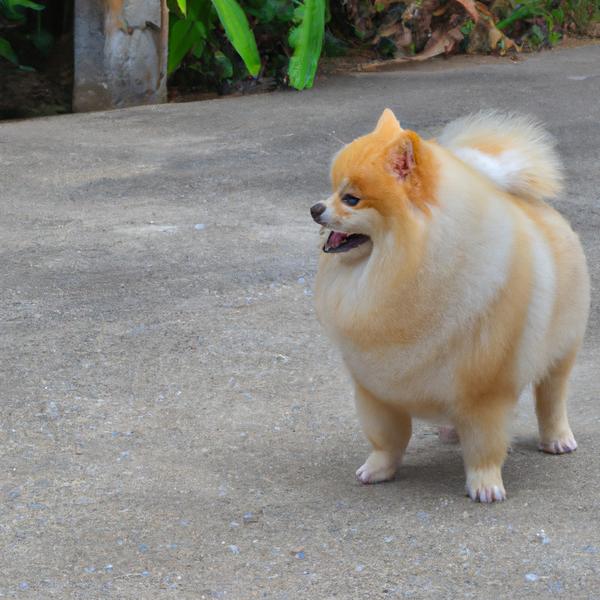
Pomston
Bull-Aussie vs Pomston
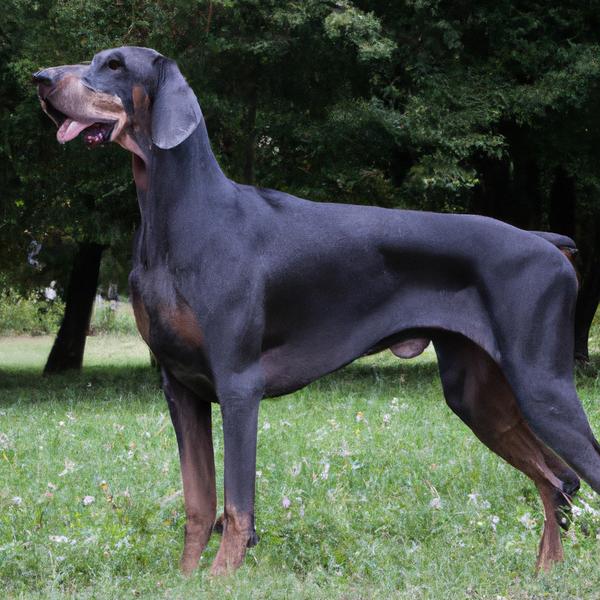
Doberghan
Bull-Aussie vs Doberghan
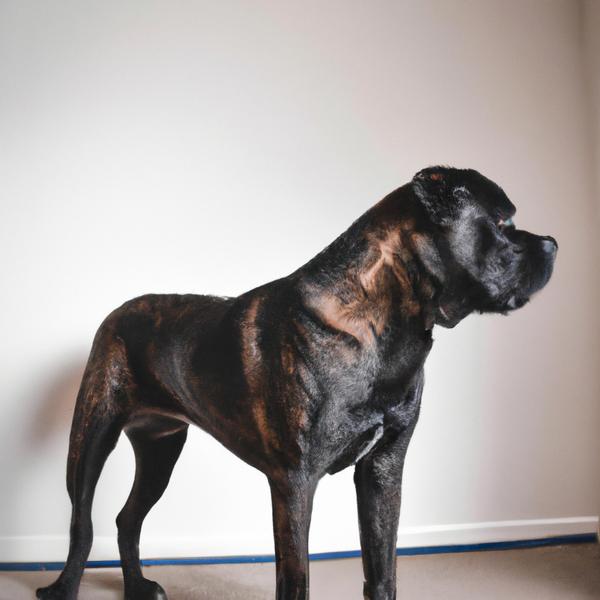
King Cavrin
Bull-Aussie vs King Cavrin
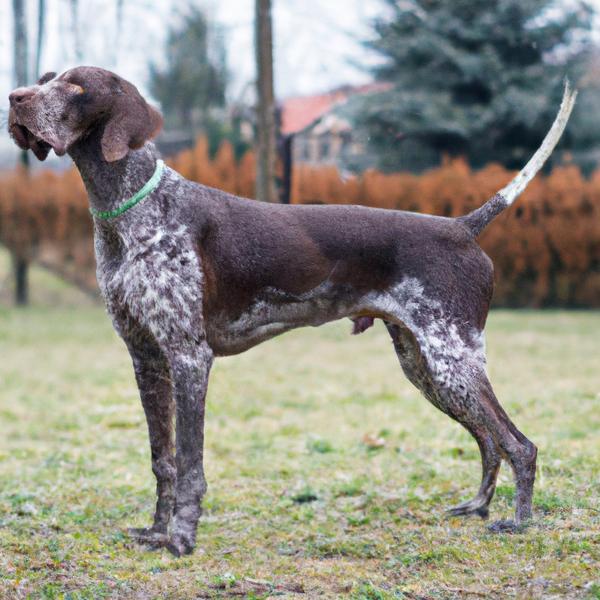
German Pointeraner
Bull-Aussie vs German Pointeraner
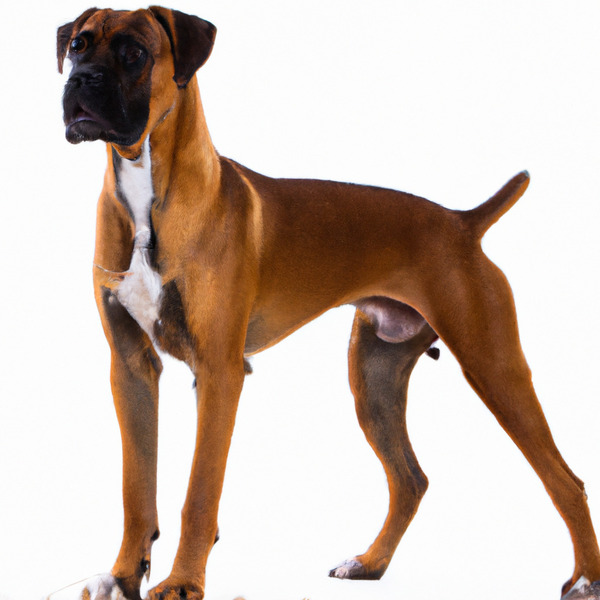
Boxmatian
Bull-Aussie vs Boxmatian
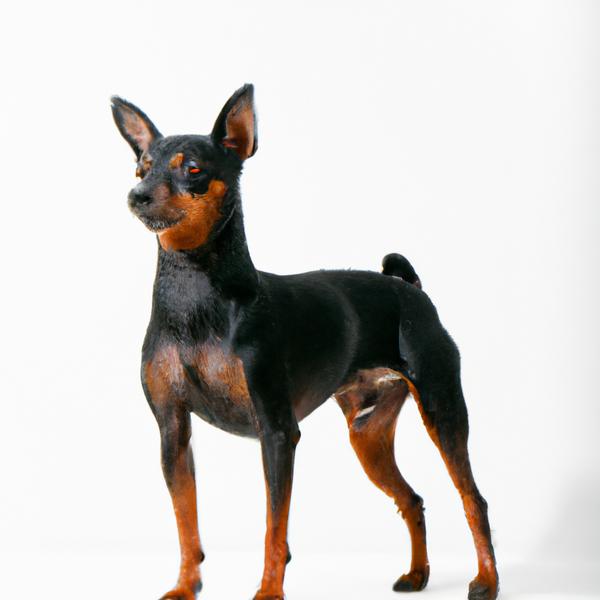
American Rat Pinscher
Bull-Aussie vs American Rat Pinscher
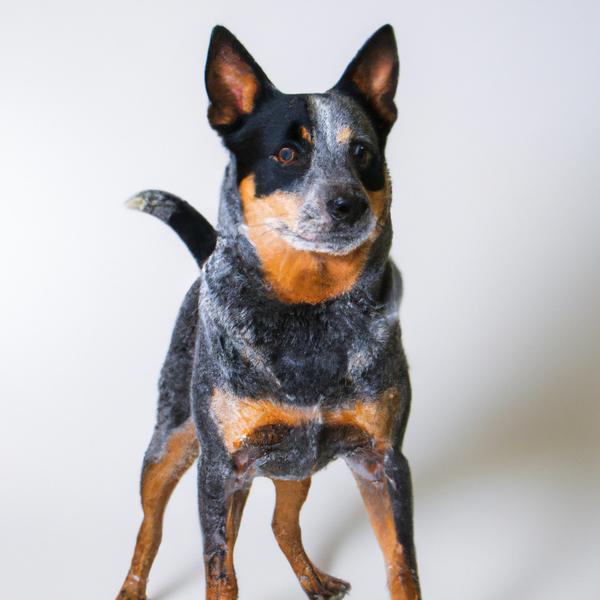
Box Heeler
Bull-Aussie vs Box Heeler
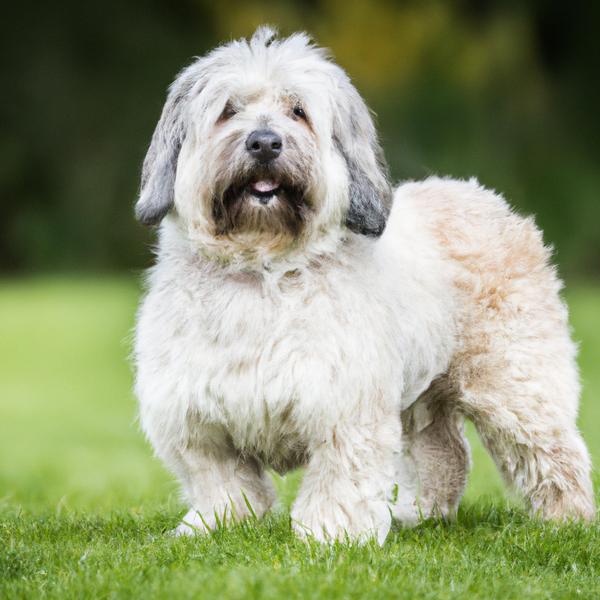
Wel-Chon
Bull-Aussie vs Wel-Chon
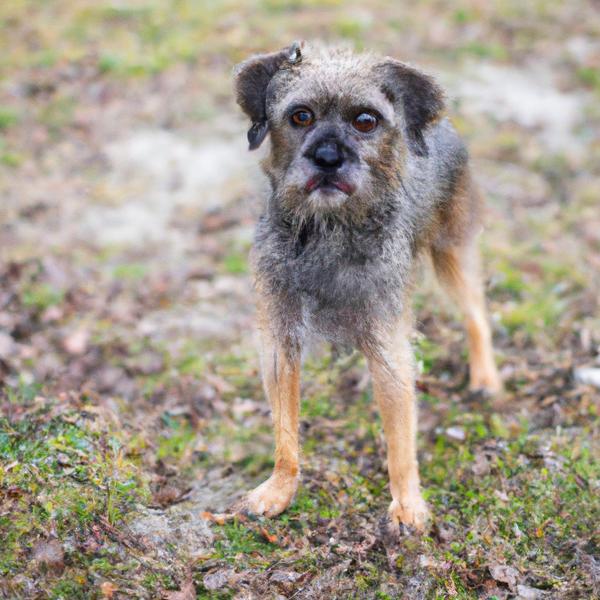
Broodle Griffon
Bull-Aussie vs Broodle Griffon
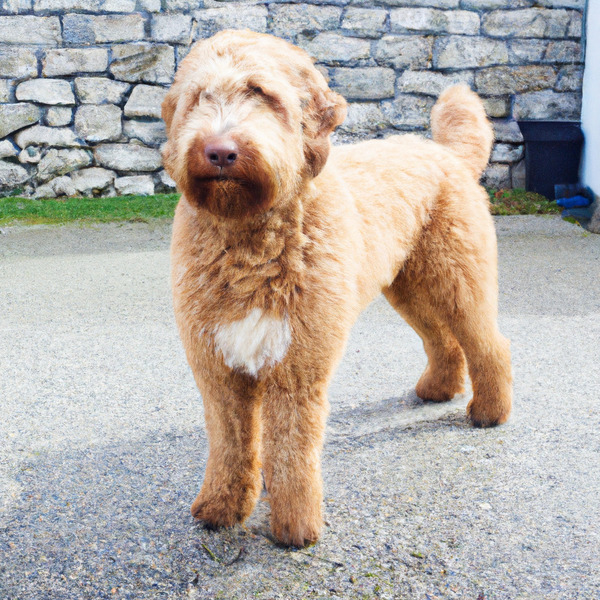
Irish Doodle
Bull-Aussie vs Irish Doodle
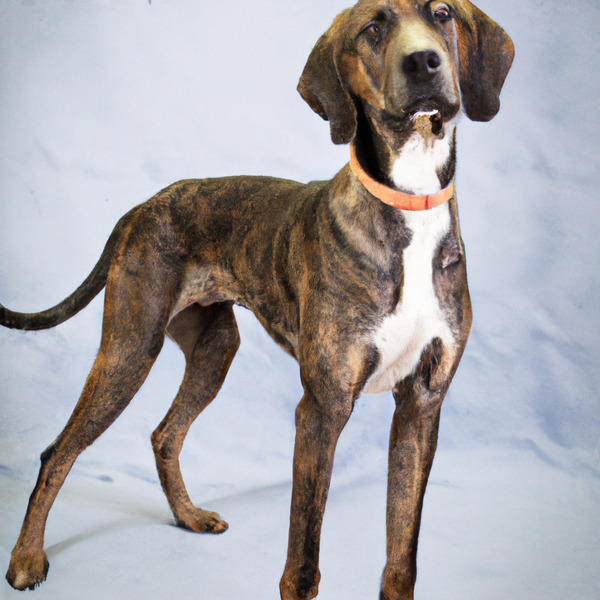
Plott Hound
Bull-Aussie vs Plott Hound
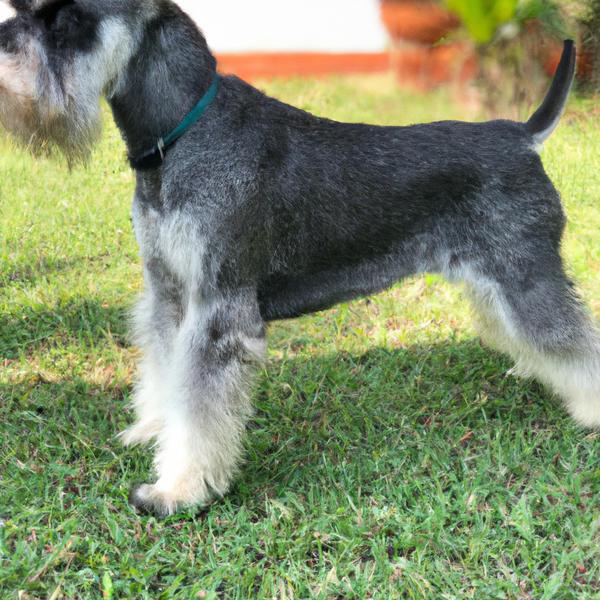
Standard Schnauzer
Bull-Aussie vs Standard Schnauzer
